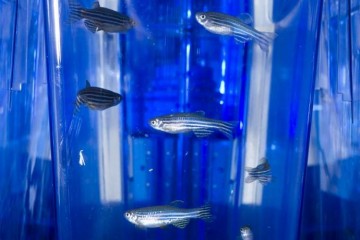PhD Studentship
Zebrafish models of Major Depressive Disorder as a replacement for rodent models

At a glance
In progress
Award date
October 2023 - January 2027
Grant amount
£120,000
Principal investigator
Professor Robert Hindges
Co-investigator(s)
Institute
King's College London
R
- Replacement
